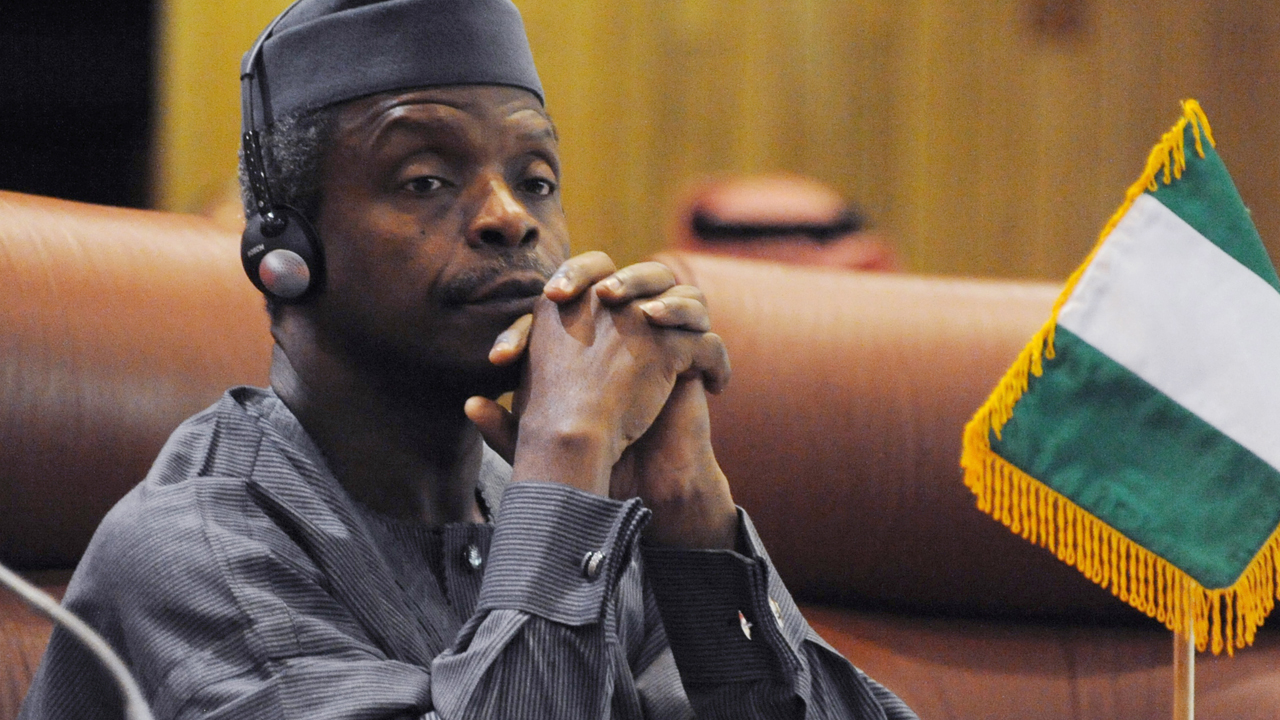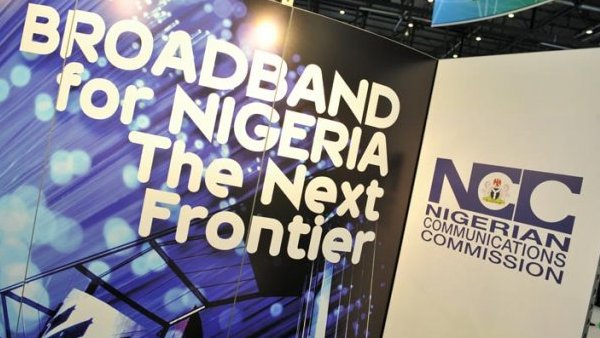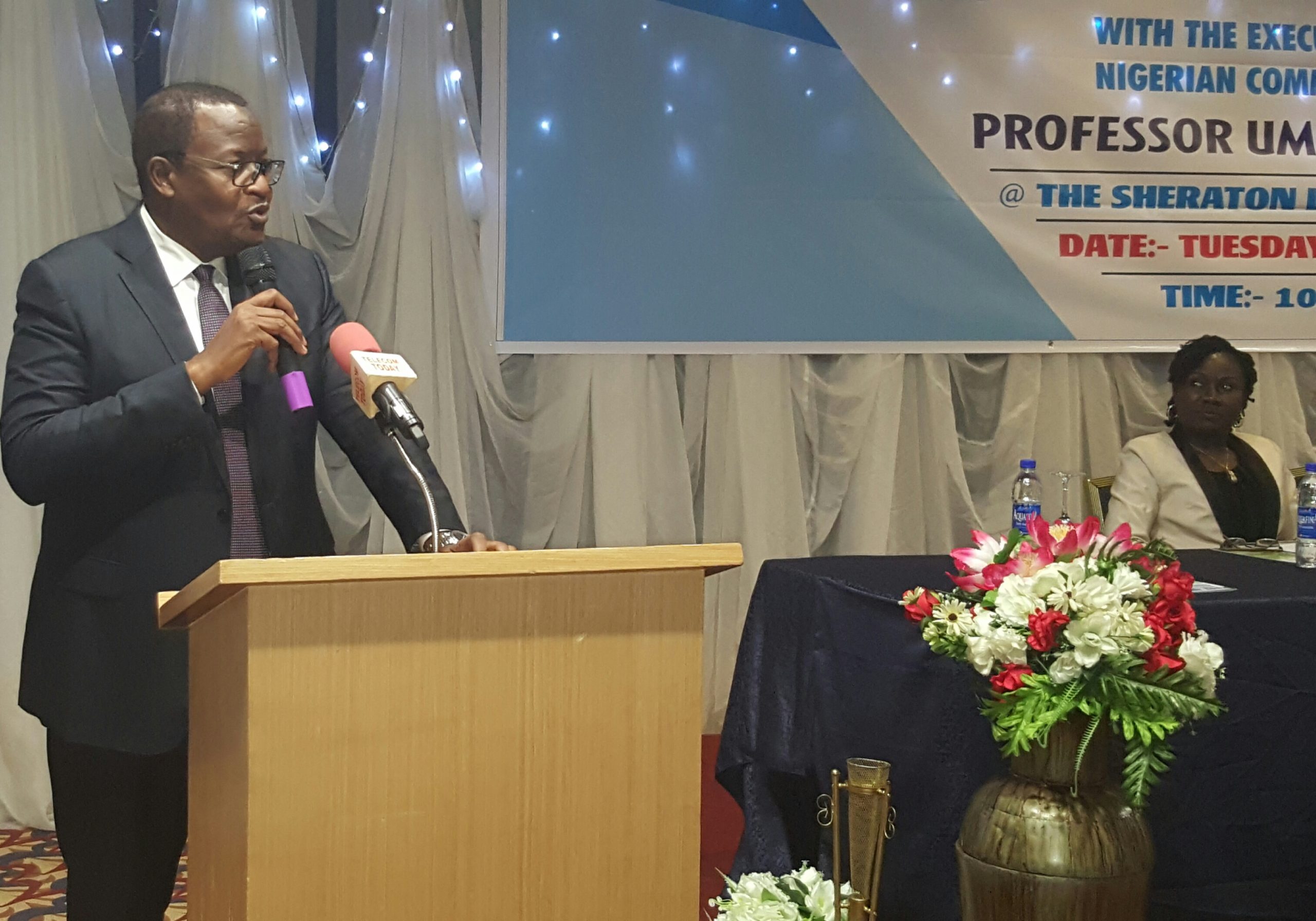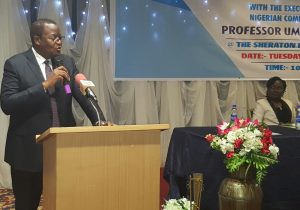The Association of Telecommunications Companies Of Nigeria (ATCON) says it is partnering the Nigerian Communications Satellite Ltd (NIGCOMSAT) to facilitate the attainment of 30 per cent broadband target by December 2018.
ATCON President, Mr Olusola Teniola, gave the indication while speaking at a Strategic Business Interactive Session on Wednesday in Lagos.
Broadband penetration is presently at 22 per cent.
Teniola said that the interactive session between NIGCOMSAT and ATCON was borne out of the need to bring NlGCOMSAT’s services to ATCON members.
He said that majority of ATCON members do not know that they coan buy capacity from NlGCOMSAT.
According to him, those who know do not patronise NlGCOMSAT because they think NIGCOMSAT‘s prices are very high.
”Be that as it may, ATCON’s primary focus with respect to pervasive broadband is to see how our members can leverage on satellite technology for the deployment of broadband for socio-economic development of our country.
”In the last few years, ATCON has come up with some initiatives that are not traditional.
”The whole essence of thinking outside the box is to increase our impact on our members and the industry as a whole.
”This initiative would undoubtedly make our industry to realise its broadband target set by the federal government,” he said.
Teniola said that the strategic business interactive session was designed to foster a mutually beneficial business relationship between ATCON members and NlGCOMSAT, with special emphasis on broadband penetration across the country.
He said that the initiative was aimed at making NlGCOMSAT offer its quality services at a cheaper rate, for the patronage of members.
According to him, the session is to support broadband service via satellite technology and to rejuvenate the satellite business among members.
The Managing Director of NIGCOMSAT, Ms Abimbola Alale, on her part, said there was the need to critically examine the prospects, challenges and future plans in deepening broadband penetration nationally.
Alale said that the need for a mutual relationship to achieve broadband penetration in the country was long overdue.
She said that Nigerians were waiting with keen interest to see how the industry would achieve the targeted broadband penetration.
According to her, in this information age, broadband/communication services cannot be limited to few cities and towns in the country.
She said: ”The farmer, the market woman, the student and a host of others are critical stakeholders in the nation’s quest for digital economy and inclusiveness.
”We commend the business focus and contribution of ATCON in taking services to the people in urban and sub-urban areas.
”Our collective efforts will yield better results across all parts of the country, in order to boost the overall business environment.
”A forum like this therefore, is not only timely but also critical to forge the frontiers of telecommunications operators and satellite operators for a common good.
”It is certainly true that there is tremendous capacity of broadband here in Lagos, but what about other areas in the country?”
Alale said that the country was faced with a challenge to urgently cover those areas where broadband services were needed.
She said that NIGCOMSAT would like to partner with ATCON to ensure achievement of the federal government’s plan of broadband penetration.
”I am pleased to inform you that Nigeria’s foremost satellite, NigComSat-IR is performing optimally and the Ka-band payload consists of eight active transponders with a bandwidth of 120 MHz each for communication and broadcasting services.
”It has three fixed spot beams over Nigeria, South Africa and Europe.
”For additional support, we have made back-up agreements with more than two satellite operators.
”We are commited to make NigComSat-lR readily available to serve as the nation’s gateway for ease of doing business in this digital age,” the Alale said.



